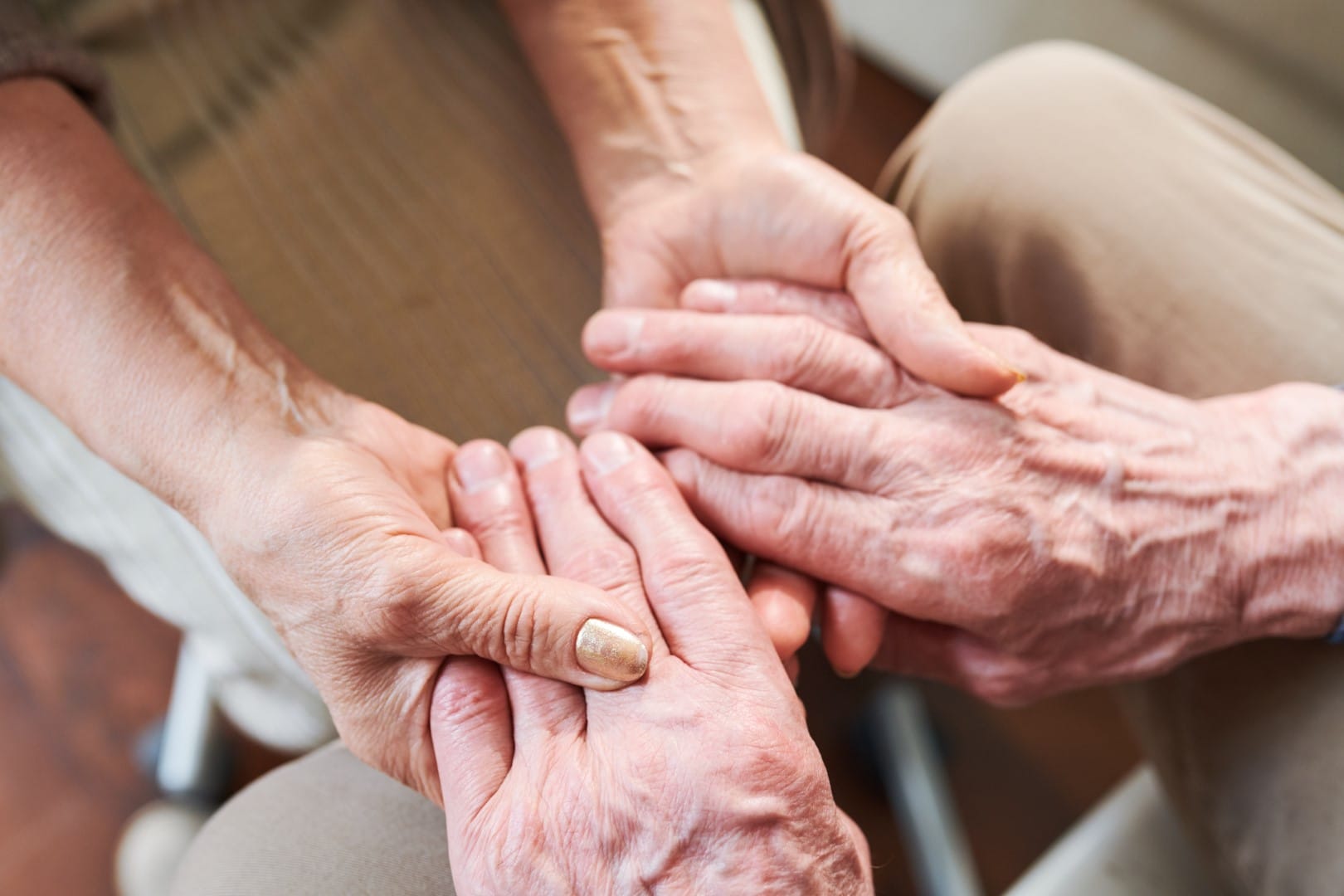Family dynamics can have a significant effect on aging caregiving. There are so many different factors that go into caring for someone, and if you don’t know how to navigate them, it can be extremely challenging if not impossible to provide your loved one with the needed care. Luckily, there is help available! This article will explore some of these family dynamics and show you how they affect the caregiving process.
Family Disagreements
Family disagreements can be one of the first things to occur after a loved one becomes seriously ill. While this may seem like an inevitable consequence of illness, it doesn’t always have to be the case. Some families grow closer together during difficult times while others drift apart as they struggle with demands and tough decisions. Caregivers need to be aware of these changes so as not to create more challenges around caregiving. You can do this by identifying the root causes of family disagreements and addressing them separate from providing care.
Burdening One Person With the Role
One way that family dynamics can affect caregiving is when the burden is placed on one individual. In a traditional model, the spouse becomes the primary hands-on support, but in other cases, the adult children may provide more of the hands-on support. Leaving all the caregiving to one person can be stressful for all involved. It can leave other family members feeling inadequate that they aren’t providing any care at all. It is a good idea to evaluate what were the family dynamics prior to the illness to determine how it is playing out during the illness.
Trouble Balancing Schedules
Caregiving can be challenging when schedules are not in sync. It is especially true for families with young children who have older parents who need assistance, family members living hours away from one another, or those who lack a support system to help during difficult times. When this occurs, it creates a strain on relationships and can make caregiving seem even more complicated. It is a good idea to explore how schedules can be tweaked to minimize gaps in coverage, especially in these days when more people are working from home.
Emotional and Physical Stress
Family dynamics can add to the emotional and physical stress that caregivers experience, and the stress can increase when the caregiver feels unsupported by their family members in their caregiving efforts. It can be challenging for adult children to know how much time they should spend with their parents and grandparents while balancing their own family needs. Adding in-laws to the mix is even more challenging. It is a good idea to determine what boundaries need to be in place when you are caring for someone.
Some Siblings Refuse To Help
Some siblings refuse to help with family caregiving because they feel as though it’s not their responsibility. One or more of the siblings may appear to have a better schedule or skills so they are considered the better ones to provide the necessary assistance. This can create tension in the family. This can be the case in blended families when there is a disagreement between step siblings about who should take care of their parents. Those that feel more obligated may experience resentment when others don’t want to help. It is a good idea to give everyone a chance to voice their concerns.
Conclusion
Caregiving is a responsibility that many people assume voluntarily. However, it can be an overwhelming burden if the caregiver does not have adequate support systems and without other family members or outside resources pitching in to help with caregiving tasks. When this occurs, caregivers are at high risk of experiencing emotional stress, financial hardship, or physical injury because they’re overworked and maybe neglecting their own health. There are ways to bring everyone into the care circle. Help is available!
About Adrian Allotey
You Are Not Alone Elder Care LLC
Adrian Allotey, is living a purposeful life as a result of responding to an universal calling; service to elders and their loved ones. As an eldercare specialist, aging companion and end of life doula, she has made it her life’s mission to promote the elder years as a sacred, beautiful, honorable stage of life. She brings quality of life, mental stimulation, engagement and socialization to the aging and peace of mind to their adult children and caregivers. For More Information, check out www.yanaec.com.

